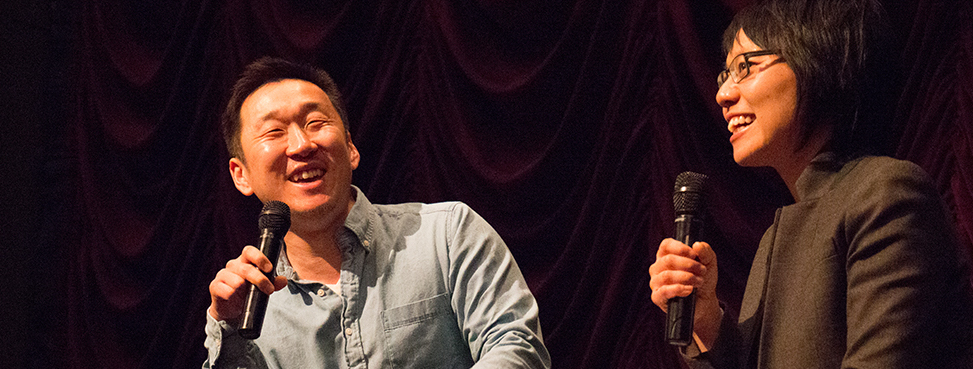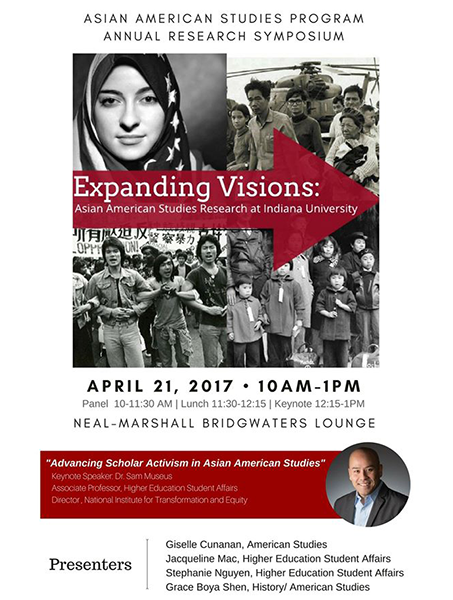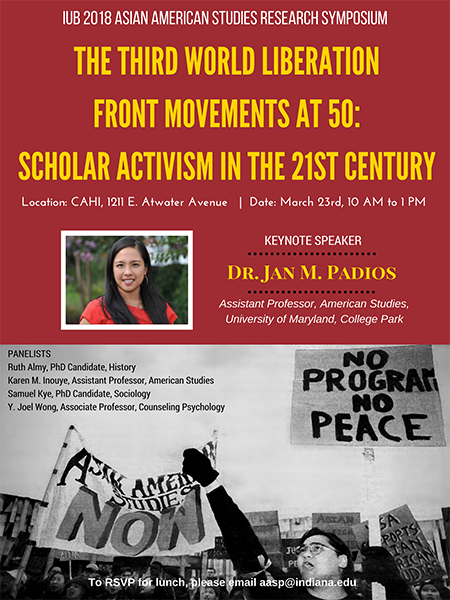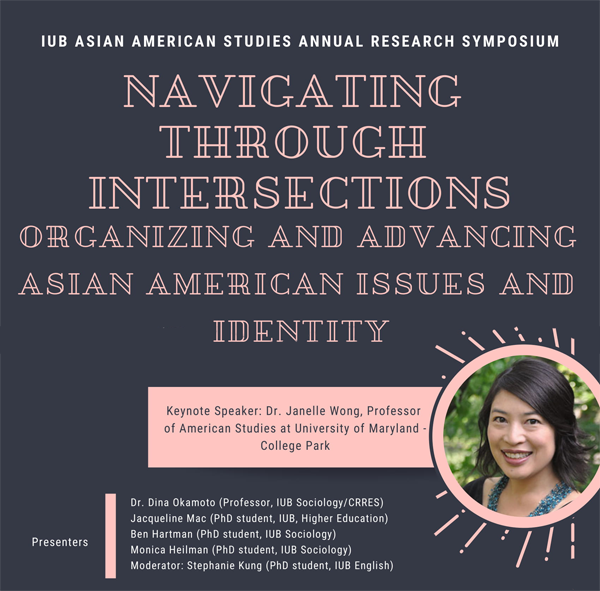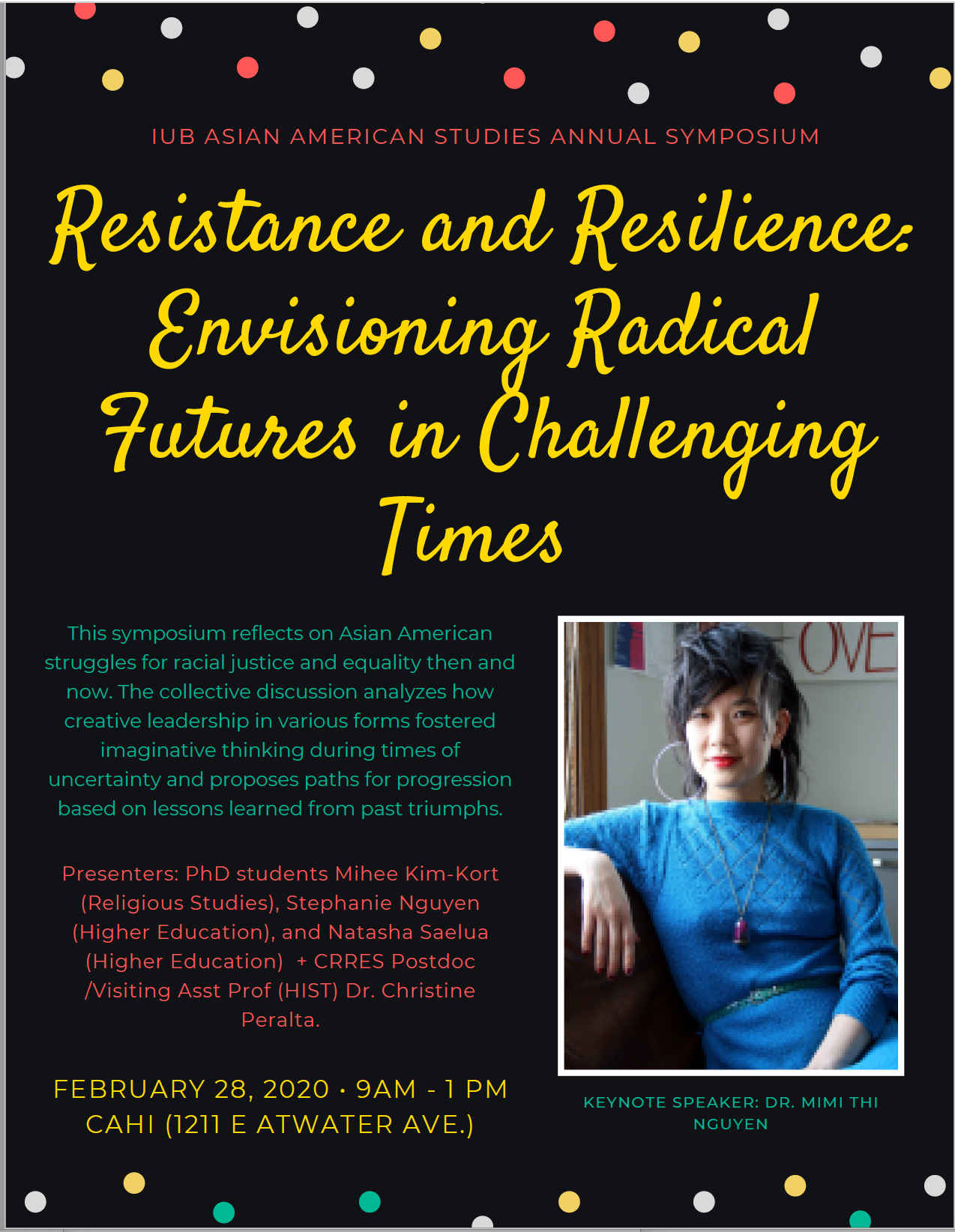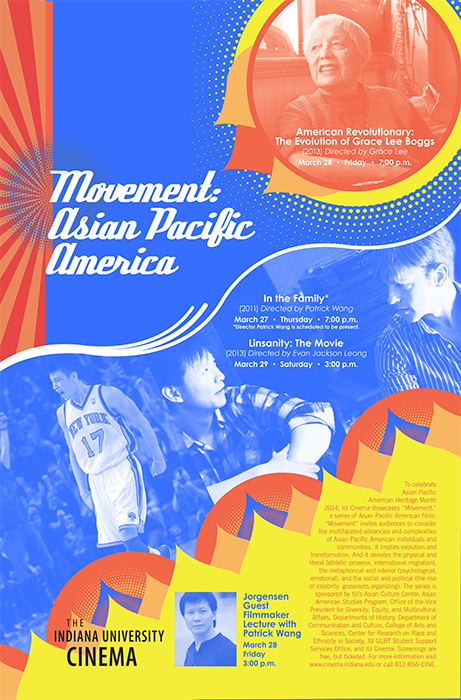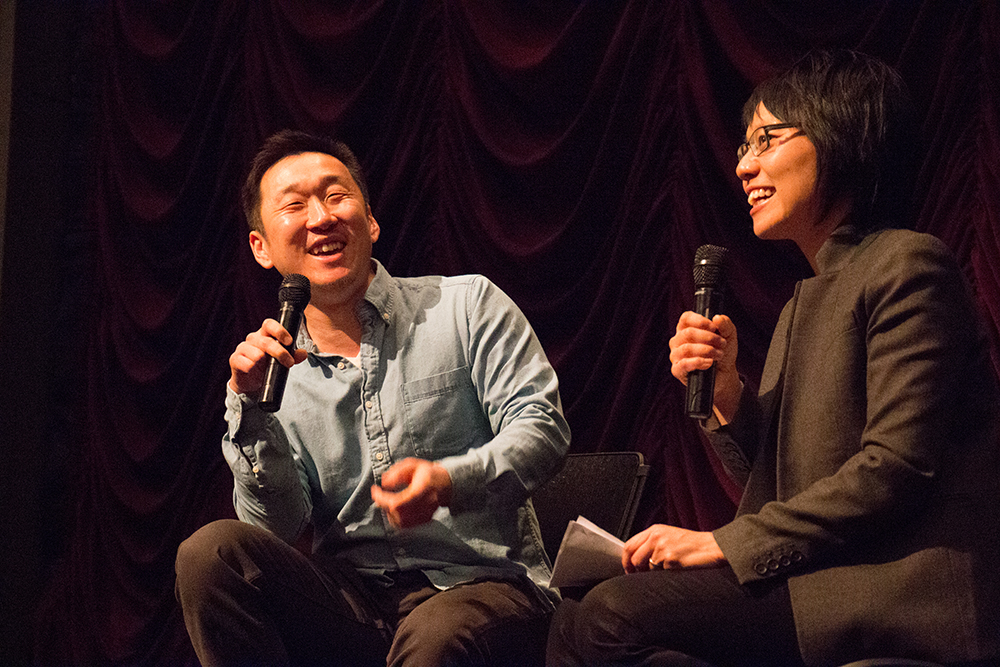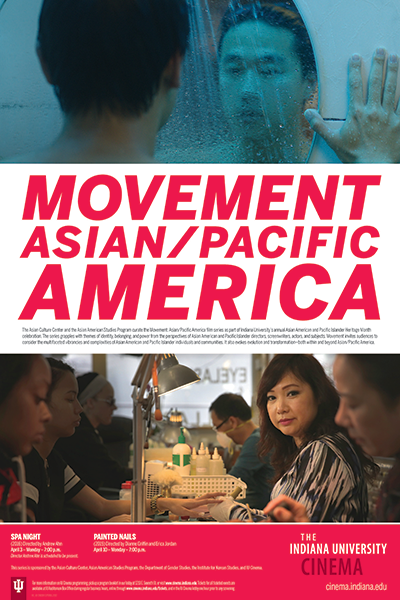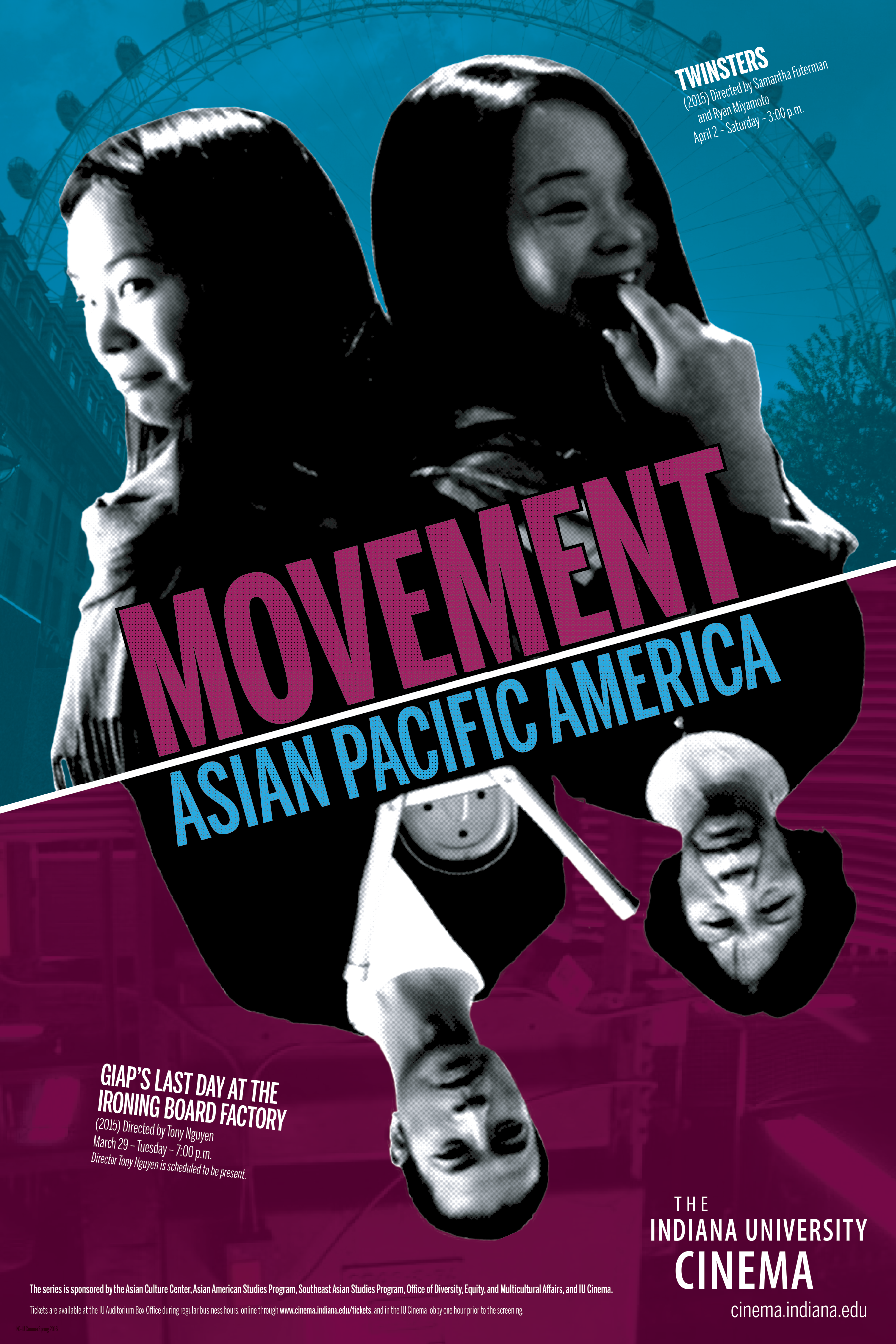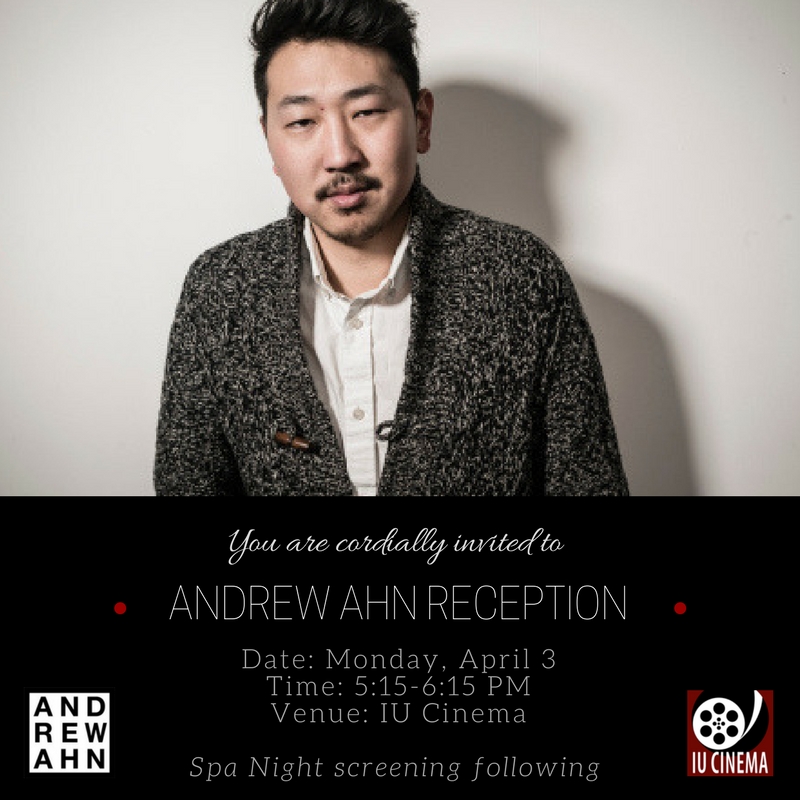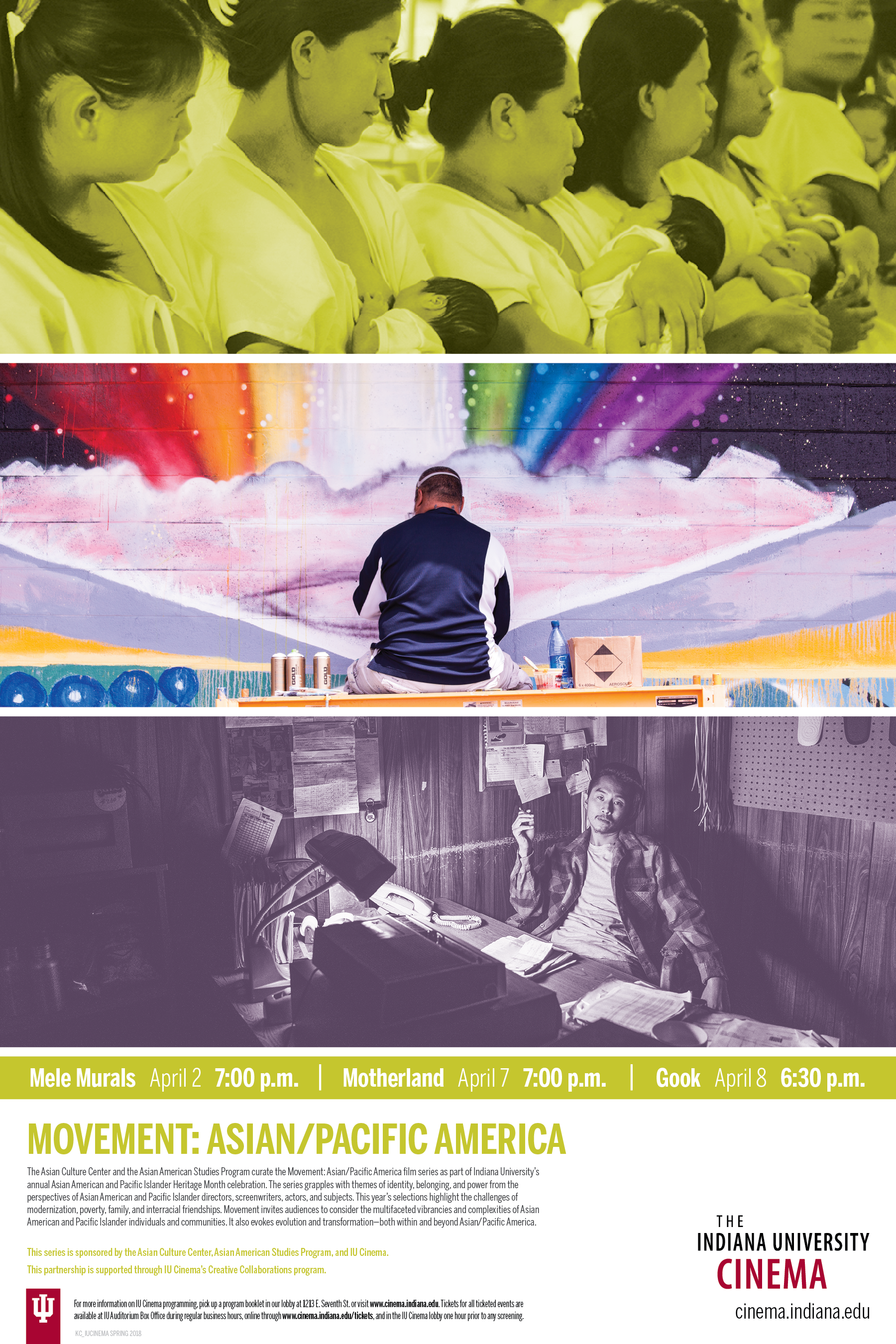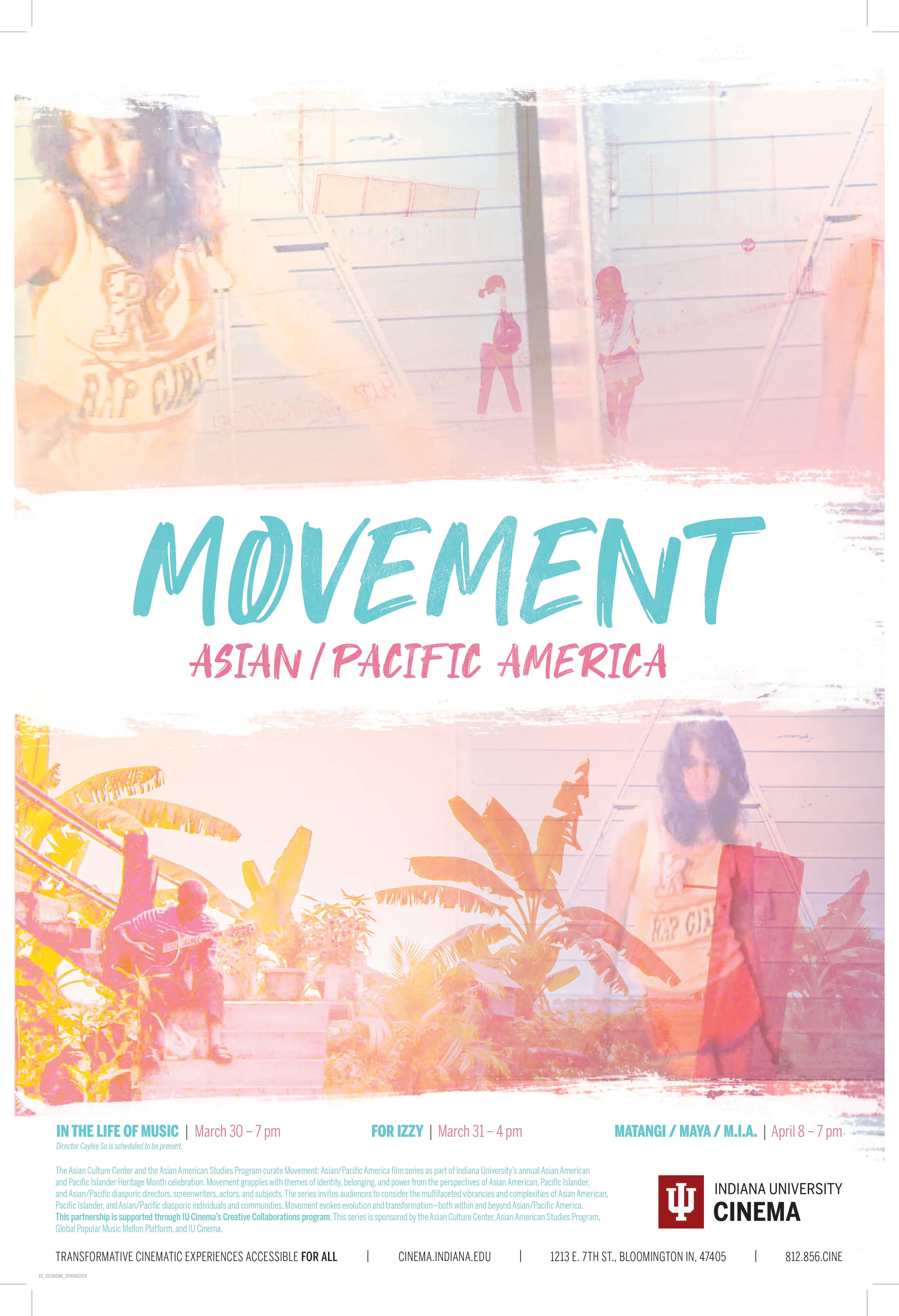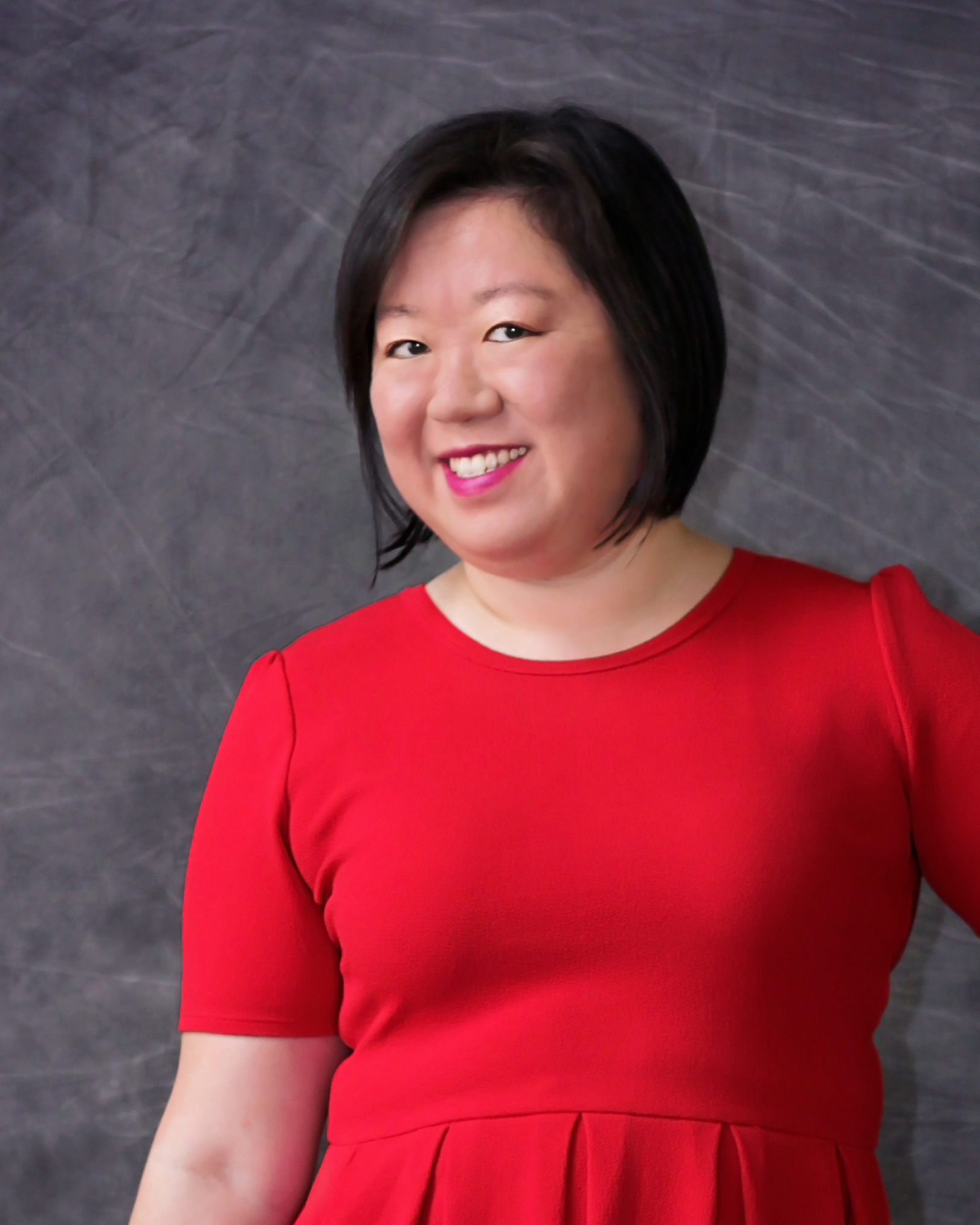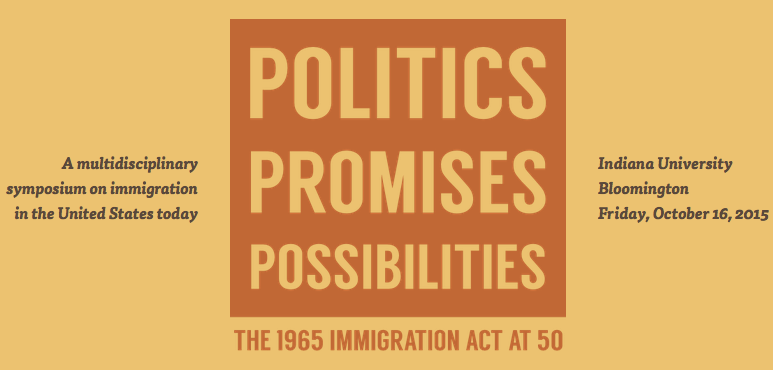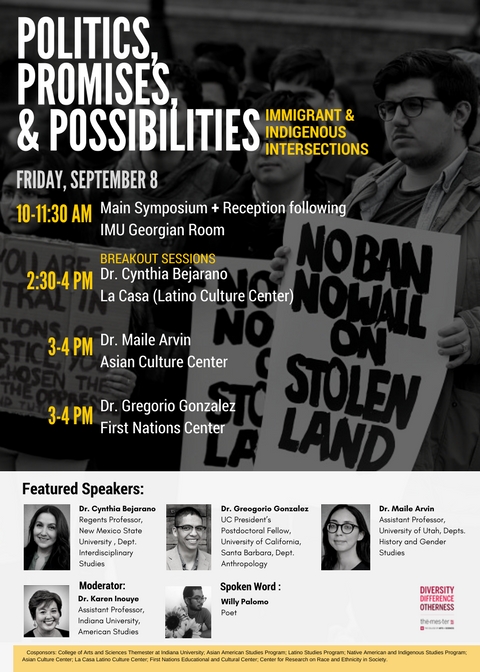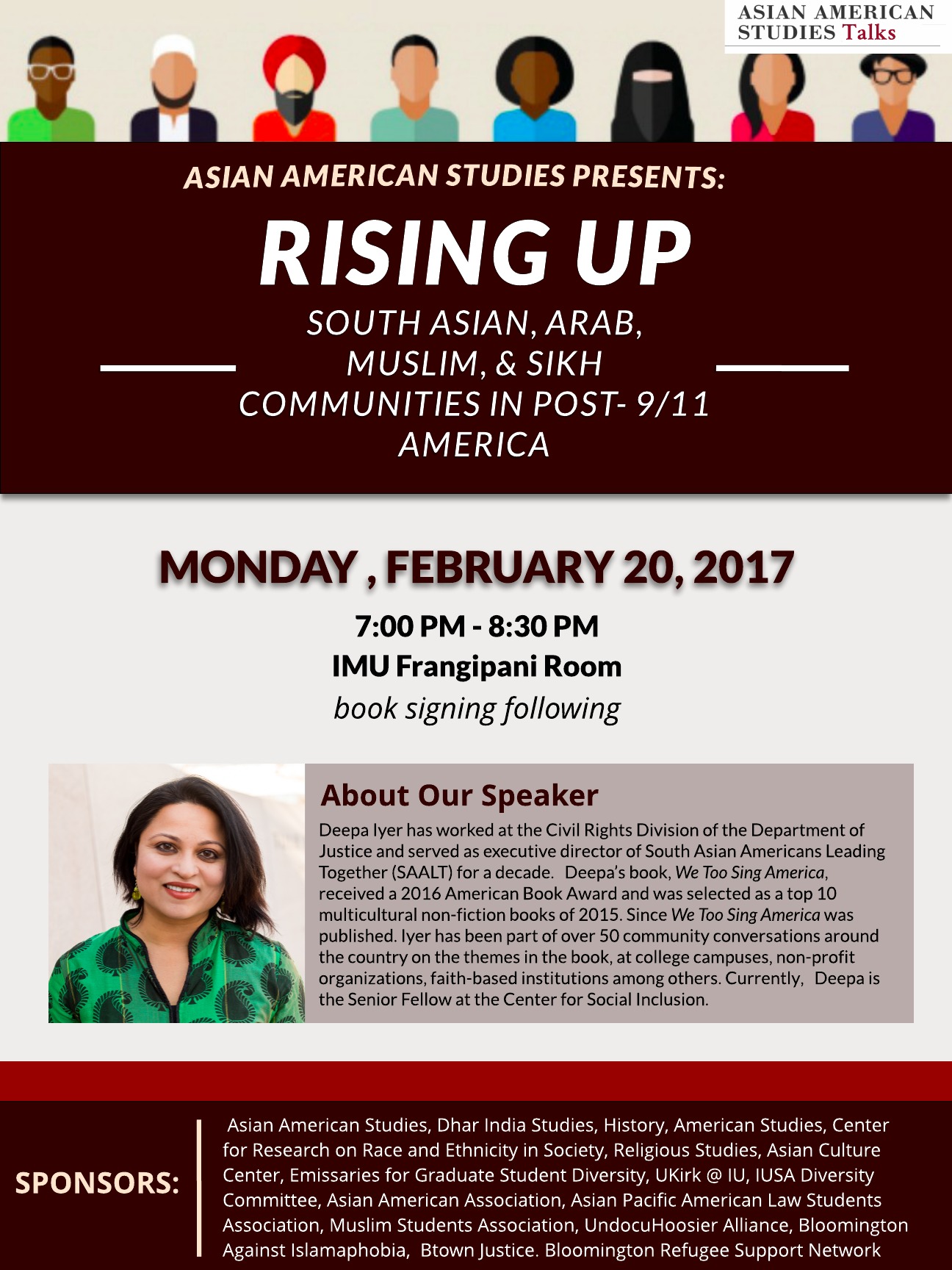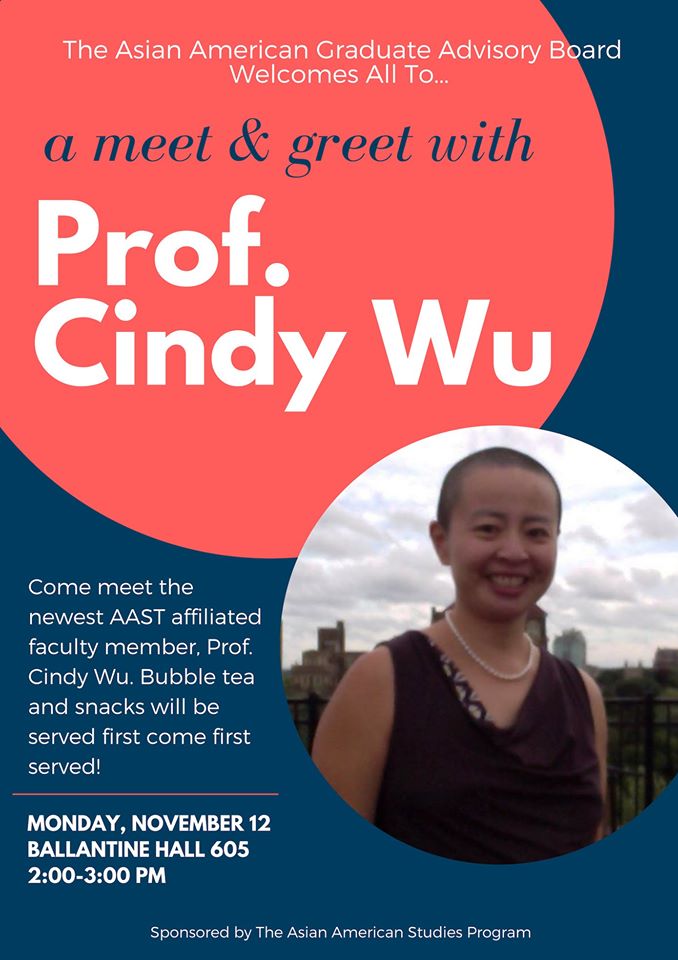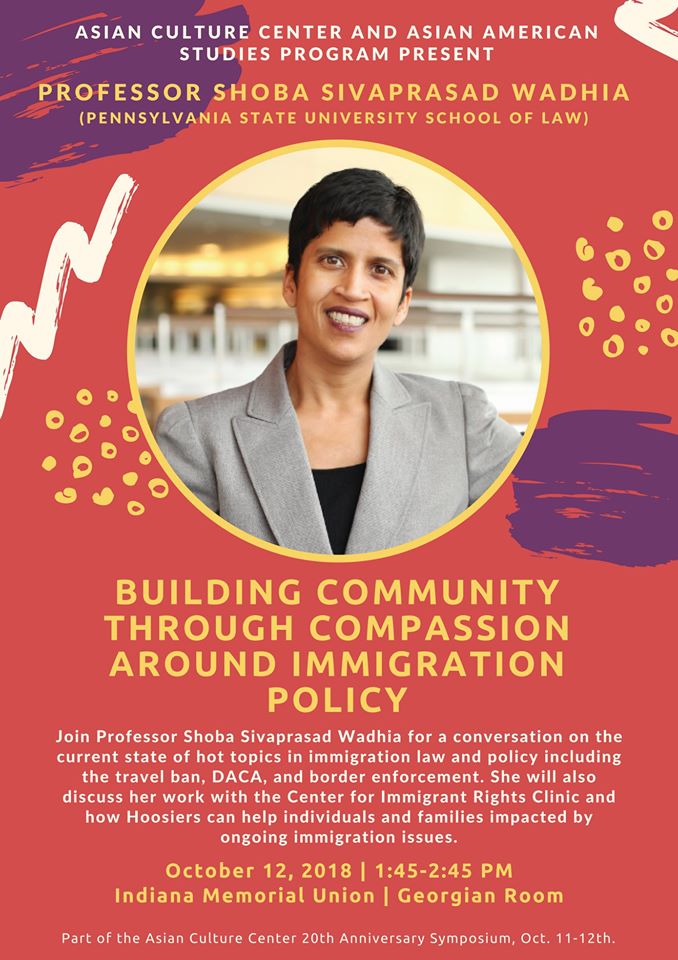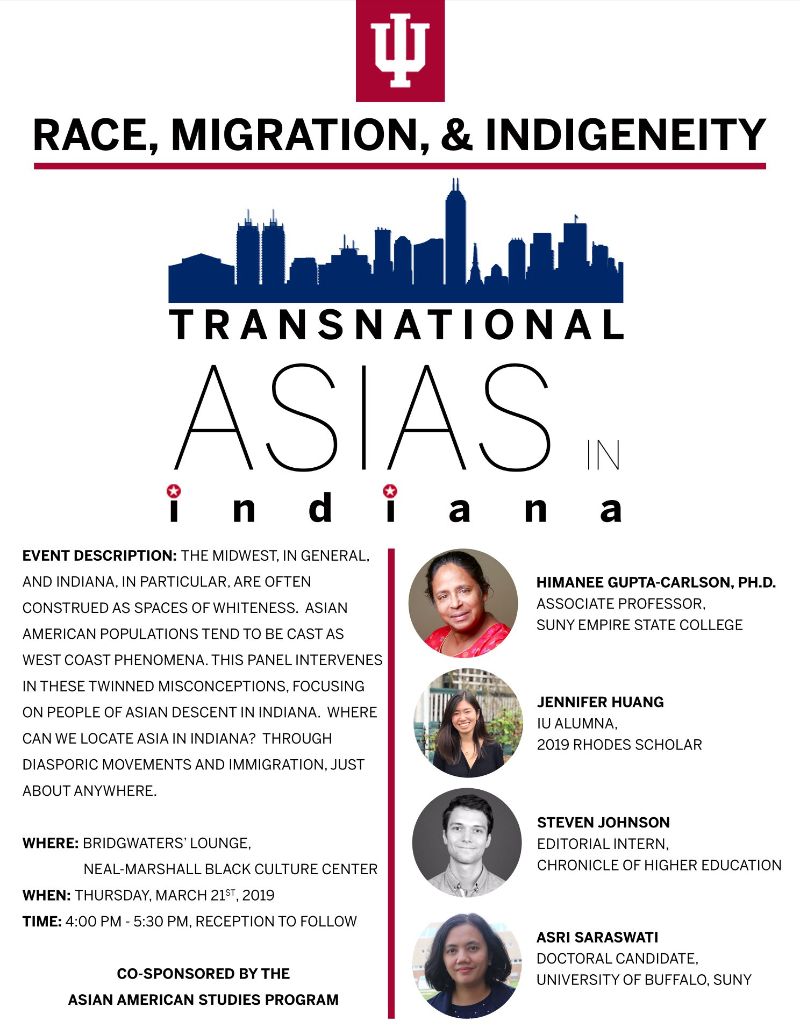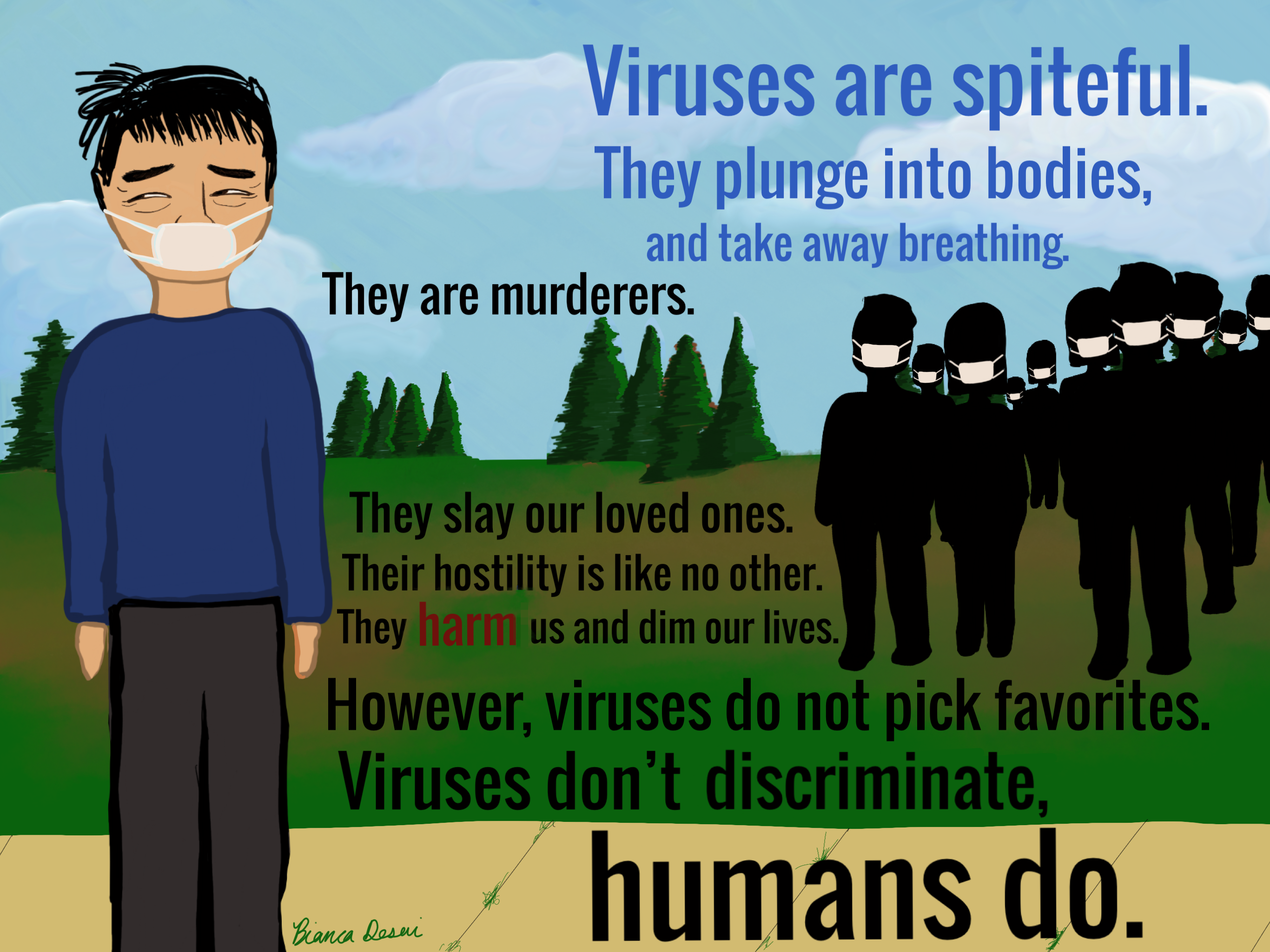Introduction
This chapter highlights IUB’s AAST transition from program building to one of growth. During this period, AAST expands its programming, courses, and research into new areas of inquiry, creative expression, and interdisciplinary exploration. Program directors add new courses that focus on campus outreach (“Asian American and Pacific Islander Communities and Social Change,” Spring 2019) and examining Asian American Studies through different lenses including Asian American Sexualities (Spring 2019). AAST grows its campus outreach by establishing annual traditions such as the AAST Film Series MOVEMENT: ASIAN/PACIFIC AMERICA (2012), the Asian American Studies Research Symposium (2012), and scholarly talks from prominent Asian American and Pacific Islander scholars, artists, writers, and activists. Centering on intersectionality, AAST amplifies its programming collaborations with several campus partners including Latino Studies and Native American/Indigenous Studies under the Race, Migration, and Indigeneity (RMI), an ethnic studies-type program officially established in March 2020. Today, IUB’s AAST program maintains its vision through research, teaching, and programming to generate novel possibilities for the globalizing world of the 21st century.


